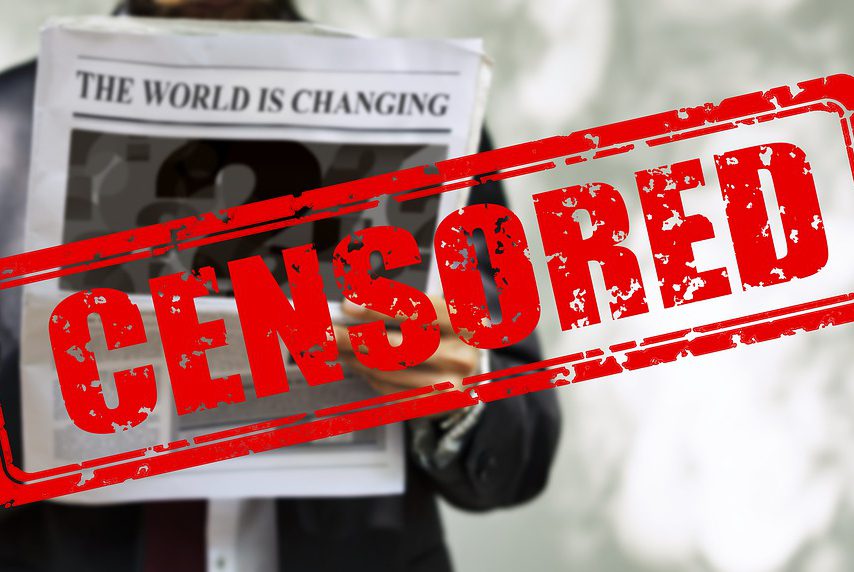
Currently, each social media platform has its own set of policies regarding what kind of content can be published by its users. Since many politicians are now heavily reliant on these platforms to bolster their support and reach out to new voters, the ability for the big tech deities such as Zuckerberg to decide on the political discourse which can or can’t take place on their networks is highly significant for democracy. Facebook, Twitter et al, may claim to be agnostic platforms rather than publishers, but the reality is that they are de facto gatekeepers of political (and social) debate.
Last year Twitter imposed a worldwide ban on political advertising, whereas Facebook ruled out such a ban on its own network (although more recently the Zuck decreed that he would not take on any new political adverts in the seven days prior to the forthcoming US election on 3 November 2020). But, in an era of Trump tweets, it’s not just political advertising which can swing an election. The ability for politicians to publish their own opinions (including their own version of the facts) is arguably vital to ensuring fully democratic political debate.
But Facebook and Twitter have recently taken steps to penalise Donald Trump for making claims about Covid-19. In both cases, it related to a clip of an interview, posted to the networks, in which the US President claimed that children were “almost immune” to coronavirus. Facebook removed the post and said: “This video includes false claims that a group of people is immune from COVID-19 which is a violation of our policies around harmful COVID misinformation.” Twitter froze a Trump campaign account until the clip was removed, noting that it was: “in violation of the Twitter Rules on COVID-19 misinformation”. Separately, both social networks have begun labelling certain presidential posts which they believe contain inaccurate facts.
Social media companies are treading a fine line between, on the one hand, maintaining a neutral approach and holding themselves out to be platforms rather than publishers and, on the other hand, trying to prevent fake news from getting out of control as a result of their algorithms which cultivate echo chambers.
Image by Gerd Altmann from Pixabay.